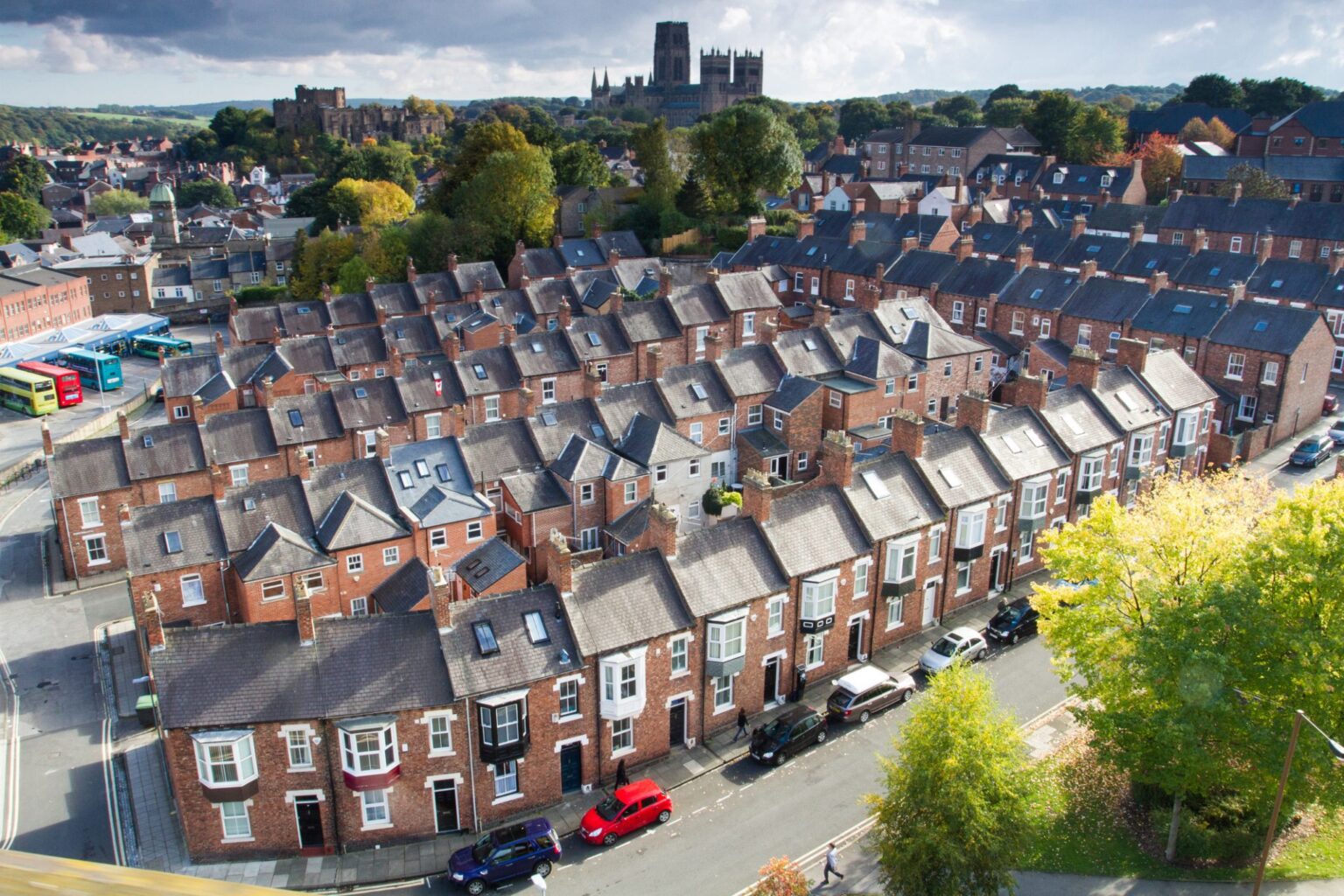This week it emerged that the number of mortgage lenders valuing homes at less than the agreed sale price has soared, prompting much speculation as to what this could mean for the industry.
As many as one in five homes in the UK are now “down-valued” by the mortgage lender after the buyer’s offer has been accepted, which is a significant rise compared to two years ago when it happened in just one in 20 sales, according to online estate agent Emoov.
While some believe this is a precursor to an upcoming downturn in the property market, others are pointing the finger of blame at unrealistic house price valuations from estate agents, while one of the main valuation bodies has questioned whether the term “down-valuation” is an accurate description of what’s happening in the market.
What is a down-valuation?
Asking prices for properties are normally set by the estate agent or the seller. Typically after some negotiation, an offer from a prospective buyer will be accepted, and if the property is going to be mortgaged with the new buyer, the lender will then commission a mortgage valuation to ensure that the price being paid is accurate.
[crb_image link=”https://www.buyassociationgroup.com/en-gb/advice/property-investment-starter-course/” image=”https://cdn2.hubspot.net/hubfs/1717782/Asset_Store/WebCTA/cta.jpg” align=”left”]
This is to reduce risk for the lender and to ensure it is safe to lend on, but can also reassure the buyer that the price they’ve agreed to pay is what the property is really worth from the surveyor’s perspective. The valuation, which is paid for by the buyer, takes into account comparable prices in the locality as well as the property’s overall condition and whether it is accurately described, in order to provide a relatively basic overview of the home’s value.
Down-valuations occur when the agreed sale price isn’t met by the mortgage valuation report. When this happens, it can affect how much financing the buyer has access to, because the amount being borrowed is based on a percentage of the home’s value – meaning the mortgage provider might not be willing to lend what had originally been agreed.
What’s behind the increase?
The most downbeat conclusion drawn from the sharp rise in down-valuations is that lenders are preparing for another housing market crash, and are “covering their backs” accordingly.
This is the view of Russell Quirk, CEO of Emoov, who said: “Surveyors are prophesying a crash. The system is built to protect them.
“Surveyors are being over-cautious and pessimistic on property values currently because they are concerned that lenders will call upon their indemnity policies for losses. Self-interest rather than accurate market reflection, in other words.”
However, some argue that if properties were being valued accurately in the first place to reflect current market conditions, down-valuations would happen far less.
The Royal Institution of Chartered Surveyors (RICS) said: “It is questionable whether the term ‘down valuation’ is an accurate reflection.
“The market value is based on comparable market evidence, usually a minimum of three sales transactions of similar properties in the local area, and also the professional’s knowledge of the local market including supply and demand dynamics.
“For this reason, it is quite possible that the valuation for the lender – the market value – does not match an asking price for a property that has been set by the seller or agent.”
If your property is down-valued…
While having a home you’re trying to buy down-valued can be very frustrating, buyers can use it to their advantage as it should set alarm bells ringing that perhaps the price they’ve agreed to pay is too high. Some will be able to agree a lower price with the seller to ensure the sale goes ahead at the mortgage valuation price, meaning it is a safer bet for both the lender and the buyer.
Alternatively, it may be possible to challenge the mortgage valuation, if you are able to provide specific evidence as to why it should be valued higher, such as comparing it to recent property sales in the area, although lenders will rarely reconsider their decision. The buyer can also find a different lender who can conduct another survey, although reapplying for a mortgage will slow the process down and can be costly.










